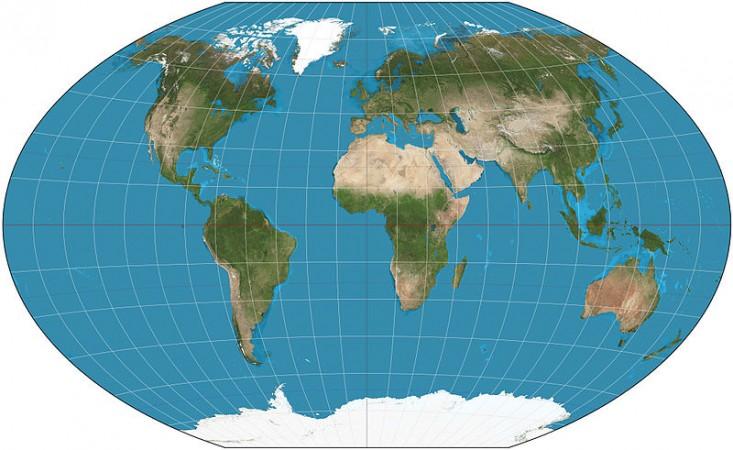
People from all sections across the globe are celebrating the World Population Day on Friday – an annual event observed on July 11 that seeks to reinforce awareness of global population issues.
Established by the governing council of the United Nations Development Programme in 1989, the day was instead coinciding with the 'Five Billion Day' celebrated on July 11, 1987 which is the date on which the world's population reached five billion.
History and Significance: How did World Population Day Come Into Being?
As the population of the world rose to 7 billion people in 2011 (a significant increase from only 2.5 billion in 1950), the uncontrolled explosion of inhabitants on this earth has built pressure on issues such as poverty, shortage of food, pollution and also has implications for development.
A world of 7 billion people, apart from being opportunity for development, has also proved to be a challenge with implications of sustainability, urbanization, access to health services and employment of youths.
Based on this analysis, the Governing Council of the United Nations Development Programme recommended in 1989 – in its resolution of 89/46 – that there is a need to focus attention on the population issues in the context of the overall development plans and programmes.
The UN agency then decided that July 11 be observed by the international community as World Population Day in order to find solution for all the population-related issues.
Theme
The UN agency behind the event allocates different themes every year for the day. For 2014, the theme is "Investing in Young People."
The United Nations website notes that there are today about 1.8 billion young people who are "shaping social and economic realities, challenging norms and values," and are acting as the foundation for the future of this globe.
However, there are too many of them who are struggling with poverty, inequality and human rights violations that prevent them from contributing towards the wellness of the collective population.
"On this World Population Day, I call on all with influence to prioritize youth in development plans, strengthen partnerships with youth-led organizations, and involve young people in all decisions that affect them," UN Secretary-General Ban Ki-moon said.
Top 10 Interesting Facts:
- The Day of Six Billion people was celebrated on October 12 1999, and Day of Five Billion on July 11, 1987.
- The world population was only 1 Billion in 1804.
- The total number of people who ever lived on this earth is said to be about 108 billion people, the Population Bureau notes.
- The world gets an average of 2.3 people every second today.
- That means, one fifteenth of all the people that ever lived on earth are alive today!
- About thirty percent of the world population generally eats with chopsticks (as China has the highest population).
- It is also said that in 2011, there were more number of mobile phones on Earth then the number of people.
- More than one in three people living on earth are Chinese or India. Half of the world's population is living in China, India, USA, Indonesia, Brazil and Pakistan.
- Vatican City and Nauru (with 800 and 9,378 people respectively) are the states with lowest populations.
- The world population is expected to reach 11 billion by 2050.

















